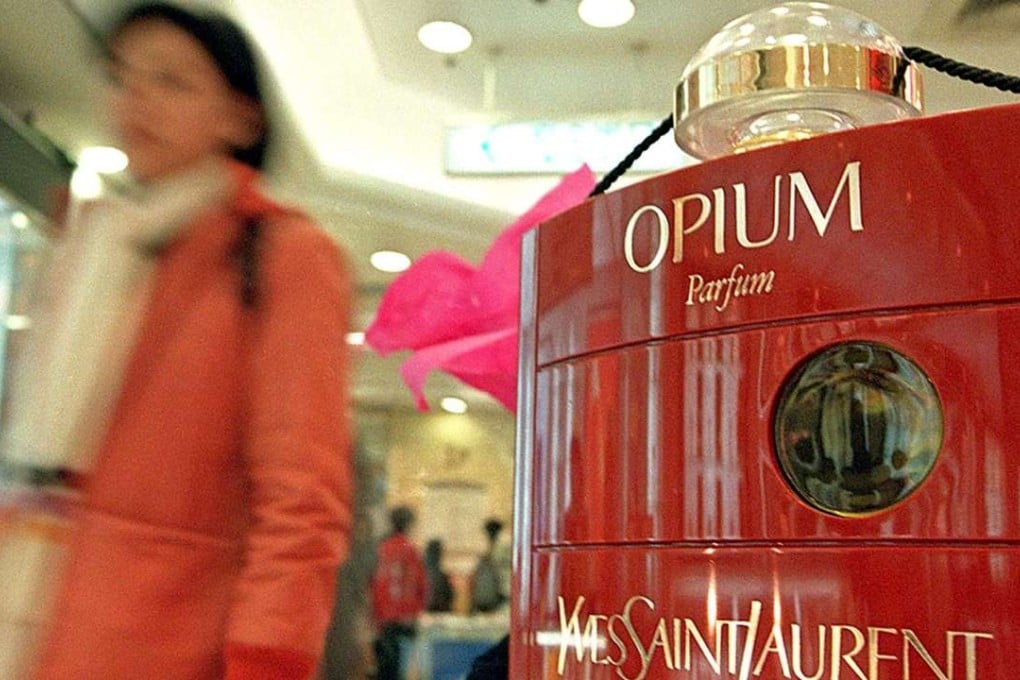Inside Out | Sweet smell of success: Foreign fragrances dominate China’s perfume market
Chaotic recent history accounts for the dearth of Chinese perfume suppliers, allowing leading western fragrance brands to rule the mainland market

It is a sad reflection on the abysmal quality of my life that most of my non-food shopping seems to be done in airport duty free malls. But at least as one wanders through the predictable branded tedium of the Duty Free Stores, there is normally ample time for people-watching, and random musing.
When I was last in Heathrow’s eerily empty Terminal 5 a particular scene – of a flock of fashionable mainland Chinese women scenting their way through the Jo Malone part of the fragrance section – set me thinking: why, given the emergence of so many fascinating new Chinese consumer brands, from Huawei to Haier, can’t I think of a single China-made perfume? Whatever the progress of Chinese companies in global manufacturing, it seems the leading western fragrance brands rule the China market unchallenged.
This is particularly puzzling because the cynic in me says that when push comes to shove, the fragrance industry is but a snobbish corner of the global chemicals industry – and China’s chemicals industry is among the world’s best and most creative – just look at how imaginatively they used melamine in baby milk formula.
It seems the first, and perhaps most important reason for China’s laggardliness is the country’s recent chaotic history. During the Cultural Revolution years, the use of perfume was literally illegal. Whoever used scents or perfumes before 1967 either suffered torture and humiliation as a poisonous weed, or quickly got rid of any evidence.
By the time the country began to emerge after the overthrow of the Gang of Four, Chinese people had lost the habit. And anyway, during a period of such widespread poverty, perfume was a luxury most were happy to ignore. Whatever perfume industry existed before 1967 evaporated into thin air.
That does not mean China never had a perfume industry. In fact, the country has had thousands of years history of using scents – but most of these were scents burned in incense burners to perfume a room, rather than an individual body. Only the Egyptians seem to have got the perfume habit earlier: as long as 3,500 years ago, the courts of the Pharoahs used perfumes – thought of as the sweat of the sun god Ra.

